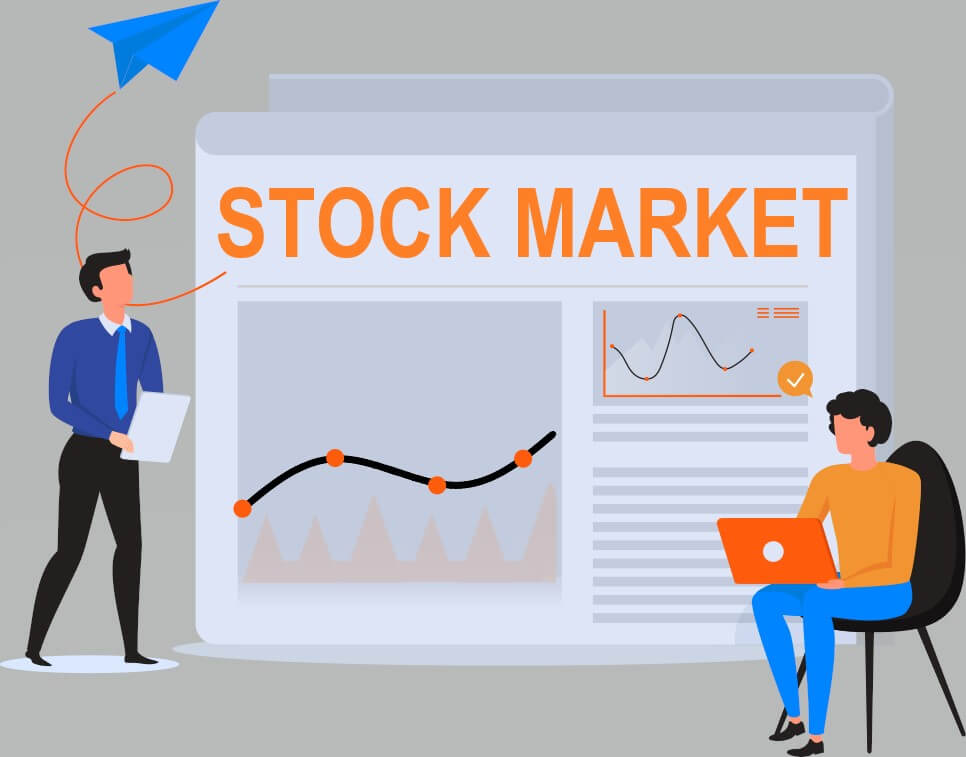Are ETFs a good investment in 2021?
By Ross Marshall. Posted: April 2021

As the world economy slowly heals from the effects of the COVID-19 pandemic, people are finding themselves with ways to gain more value for their money. A report by fintech company, Finder, entitled The State of Investing in 2021, indicates that while in the past years, Australians have invested their money less than Americans or Brits, it has been observed that around 13% of Australians started investing during the pandemic.
Around 27% (or over one in four Australians) invested in shares. However, with the ASX crash of 2020 still pretty fresh in people’s minds, it is understandable that people are looking for more ways to diversify their investments. (In case you were living under a rock at the time, on 16 March 2020, the ASX plunged 9.7% in a single day. This amounted to around $160 billion in losses, which wiped its gains from the past four years.)
Another investment type gaining popularity in recent years are Exchange Traded Funds (ETFs); currently, 10% of Australians are investing in ETFs. The numbers of ETF investors are likely to continue growing, especially since they are among the investments that thrived despite the pandemic.
But first, let’s go back to basics.
What are ETFs?
As defined by MoneySmart Australia,
“ETFs are a low-cost way to earn a return similar to an index or a commodity. They can also help to diversify your investments. You can buy and sell units in ETFs through a stockbroker, the same way you buy and sell shares.”
ETFs have become a highly considered option among new investors. After all, they have many upsides, partnered with flexibility and ease investing. But of course, there is no such thing as a risk-free investment option, which is why to help you decide on whether you want to venture into ETFs, we have rounded up some of their pros and cons below.
Pros of Investing in ETFs
Convenience
ETFs are managed funds that can be bought or sold on the Australian Securities Exchange (ASX). This means the system of sale is usually pretty straightforward.
These are usually considered as passive investments that do not try to outperform the market. Unlike Index Funds that can only be bought and sold for the price set at the end of the trading day, ETFs can be traded throughout the day.
Diversification
Besides being a convenient investment strategy, diversifying your assets through ETFs is also easier. With ETFs, you can invest in a product or category that you are interested in instead of choosing one particular company to invest in. This typically gives you a considerably diverse portfolio in a single investment; you are given choices of sectors that were pre-screened and verified by professionals, so you’ll be in good hands.
Flexibility
When it comes to ETFs, investors and traders are also given flexibility in entering and exiting their positions with relative ease. You’ll have the choice to spread your investment as broadly as you want from international shares and commodities or narrow it to a specific sector of your choice. Plus, there are many types of ETFs to choose from. While index funds may not be the best choice for you, there are a wide range of options available for these types of investments.
Cost-Effectiveness
ETFs also typically have a lower minimum investment requirement, so it is easier to get started with only the amount you’re comfortable investing. Compared to mutual funds, they have significantly lower expense ratios and are more tax-efficient. For example, shareholders still have a tax liability when a mutual fund’s value dips, while ETFs are structured to allow shares to be created and liquidated without selling securities preventing an additional capital gain or loss.
Cons of Investing in ETFs
Volatility
Even with the flexible and diverse options available for ETFs, this type of investment is also affected by market volatility. Even if ETFs survived the market crash, the risk would be heavily dependent on the line of specialisation of your portfolio. A good example would be if your ETF was comprised of a lot of airlines, hotels, and tourist industry related companies, all of which have taken a big hit in the past 12-18 months.
Currency Risk
Besides market volatility, the currency exchange rate has also been fluctuating quite a lot recently. This means your investments would also be highly dependent on the Australian dollar’s current value, something that changes depending on factors that investors have no control over, such as economic growth, government debt levels, trade levels, and more.
With all of this in mind, many experts still believe that ETFs are a good investment strategy for 2021. After all, risks will always be present in investing, but the potential for great rewards is also there. As Money Magazine Australia succinctly stated, if you’re looking for cheap yet broad diversifications that you can’t directly invest in, ETFs are an excellent way to start.
If you would like to know more about ETFs and whether this passive investment strategy is right for you, why not book a confidential, commitment-free strategy session with one of our advisors to discuss your investment goals?
Raeburn Advisors has been helping people navigate the stock market and get the most from their portfolios for over a decade through simplified financial planning and advice. Talk to us today to find out how you can get more from your investment.
Are you enjoying the content? Follow us on Facebook, Instagram or LinkedIn, and subscribe to our monthly newsletter to make sure you stay up to date.
This information has been provided as general advice. We have not considered your financial circumstances, needs or objectives. You should consider the appropriateness of the advice. You should obtain and consider the relevant Product Disclosure Statement (PDS) and seek the assistance of an authorised financial adviser before making any decision regarding any products or strategies mentioned in this communication.